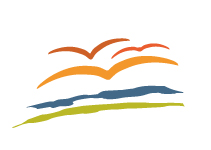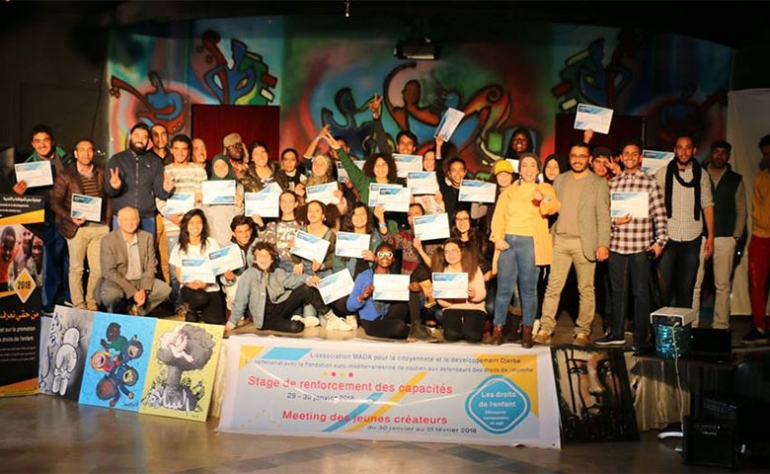Since its inception, the Foundation has allocated over a thousand of urgent and operational grants to protect and support human right defenders, groups and NGOs. The overall amount allocated levels nearly EUR 17 million:
- 567 grants were allocated in emergency to protect the lives and safety of these actors in difficult contexts in the amount of EUR 3 million (an average of EUR 5,347 per grant);
- 663 grants were allocated to consolidate the operational capacities of these actors to professionalize their activity and increase their sustainability prospects in the amount of EUR 13 million (an average of EUR 20,746 per grant).

The Foundation activity has significantly developed during the period 2005-2020:

Since 2011, 73% of the Foundation’s interventions were carried out in countries in armed conflict situations or in environments hostile for civil society, such as Syria, Libya, Egypt, Algeria, Israel, and the occupied Palestinian territory. For example, due to grants supporting urgent relocation, legal aid, or medical needs, over 300 individual defenders have avoided threats against their lives. 241 human rights organisations facing arbitrary suspension procedures have been able to retain a physical presence and implement contingency plans to remain resilient in these countries and abroad. As a result, dozens of Syrian associations have become credible sources of information for the international community and the media on developments and violations in Syria. Today, these civil society organisations are collaborating with UN mechanisms and initiating investigations into international crimes committed in Syria and prosecutions across Europe against alleged perpetrators based on the universal jurisdiction. The Foundation also contributed to the formation of several victims-led groups, who together drew up a roadmap to establish victim-centred justice. Pro-bono representation services have also been provided to over thousand defenders as well as union leaders, journalists, peaceful protesters, artists, and students facing trials on fabricated criminal charges before civilian and military courts in Egypt. Moreover, a group of Libyan defenders and organisations has also set up a network to strengthen coordination efforts and present joint recommendations in the framework of the political dialogue held by the United Nations Support Mission in Libya.
25% of the Foundation’s interventions were aimed at strengthening emerging civil society initiatives to advance reforms and deflect any possible setbacks in other countries transitioning toward democracy, notably Morocco and Tunisia. Since 2011, the Foundation has notably supported over a hundred emerging Tunisian and Moroccan civil society initiatives, which mainly operate outside the capitals. Several of these initiatives have, for example, provided critical readings of the constitution drafts, proposed reforms to combat violence against women and racism, and they provided recommendations on how to reform the education system, the media field, the employment sector as well as repealing the discriminatory provisions of the penal code and establishing a regulatory institution for the audio-visual sector in Tunisia. Other initiatives have set up support units, such as counselling centres for rural women victims of violence and discrimination, and citizenship clubs for children and young people, in partnership with public institutions, to empower thousands of young men and women to know their rights and to play an active role in defending them. Finally, the Foundation supported several migrant associations and the formation of coalitions at the national level to protect respect of their rights, to provide them with assistance and to follow up on recommendations to improve their integration and access to social services (health, education, and justice, among others).


